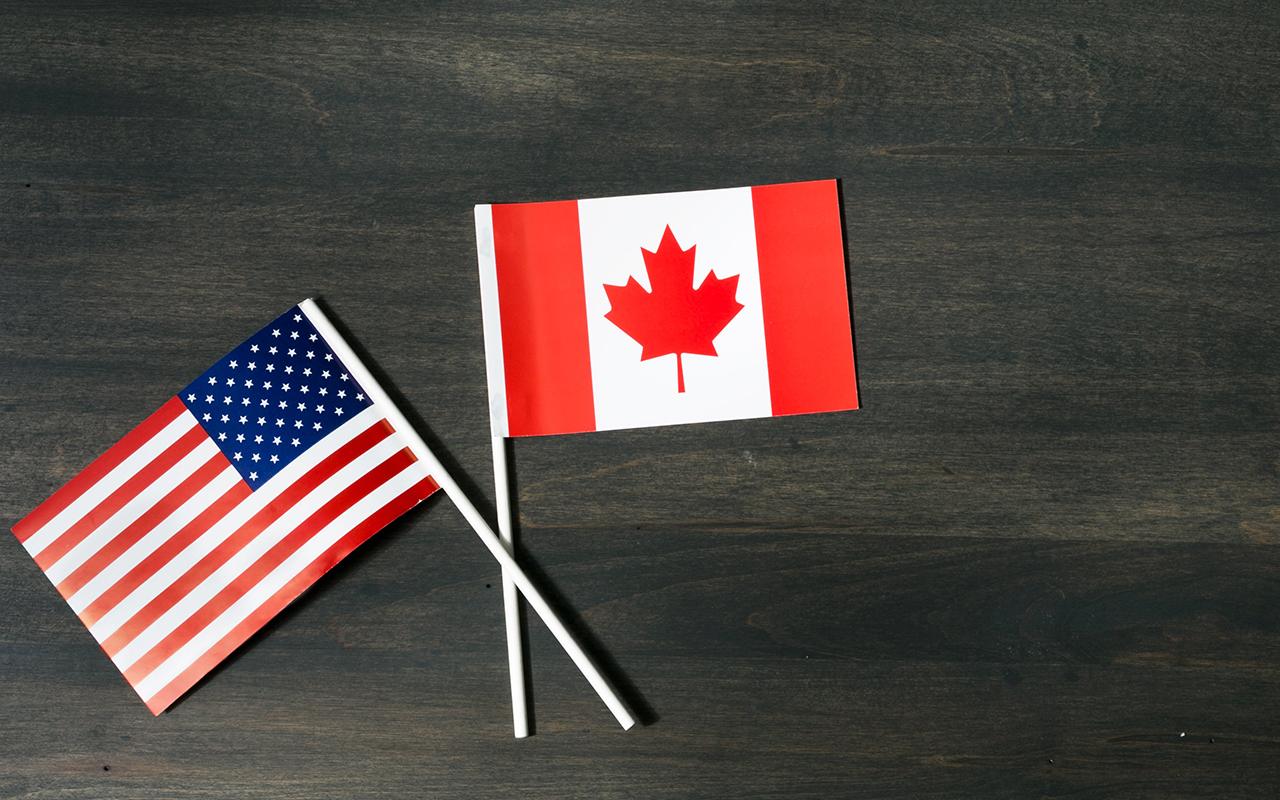As I Was Saying is a forum for a variety of perspectives to foster faith-related conversations among our readers with the goal of mutual learning, even in disagreement. Apart from articles written by editorial staff, these perspectives do not necessarily reflect the views of The Banner.
After World War I, in the Commonwealth, Nov. 11 was set aside as Remembrance Day, a time when its member countries remember the stories and lives of their wars and their fallen. In the U.S., it’s called Veteran’s Day. At 11 a.m. in Canada we observe a moment of silence. Poetry, hymns, and reflections are often given, and the following is one reflection given by me today, Nov. 11, 2025, at Redeemer University in Ancaster, Ont.:
There are two great stories that have shaped my life. The first is the story of Dutch Calvinism, through which I encountered the good news of the gospel and Jesus Christ. The second is the story of World War II. It is not always clear to me which story has formed me more, and sometimes the two are a bit inseparable.
My dad was born under German occupation in a northern part of the Netherlands called Friesland. When his home was liberated—by the Allies, by this country, Canada—he was a stereotypical little Dutch boy, taking his first taste of chocolate from the Canadian armed forces that were his liberators. When he moved his new wife to Canada and later had a family, he would tell us these two great stories: of the Calvinism that sustained his home and of the war that tested it. His surname, Joustra—my name, my son’s name—found its place on the Wall of Righteous Gentiles. Not everyone’s did. He would point out families at church and tell me: not everyone left Holland voluntarily. Not everyone had a good war.
Some of us will know that it’s Tulip-planting season. In Ottawa, the Tulips have gone into the ground for our annual spring tulip festival. They still come—we visited every year, growing up in Ottawa—from the Dutch, in memory of their liberation. Every spring Dutch school children visit and clean the graves of fallen Canadian soldiers. Every Christmas Eve they place candles on the graves of the fallen Canadians who bought them their homes with their blood.
My dad would say—and you can understand why—that it was Calvinism, the faith of their family—their fidelity to Christ, to public justice, to how things ought to be—that put them on the right side of that war. Well, my dad would also say the Dutch invented both democracy and capitalism. Because of course, plenty of Calvinists, and many more Christians, were not on the right side of that war. We know that right doctrine is not only an expression of belief, but an expression of body, of practice. That soundness of doctrine really is a matter of great weight. It really is a matter of life and death.
When I leave Redeemer this spring, it will have been 25 years since I arrived as a student of this place, to sit at the feet of people—like my father—and learn the story of faith and its reality, its urgency, for all of life. But I also think these two stories are sometimes less two things than one: a story of not only what to believe but how to believe it, a story of not only the hope that we have but the endurance, the testing, the trial of that hope, when it seems very dark—when we resist, but no Allies are in sight, when we live in grateful obedience, but still feel lost, crushed, defeated.
The witness of these two stories, of their blood, of their sacrifice, is in the brick and mortar of this place—started by people like my mother and my father, by many of your mothers and fathers, grandfathers and grandmothers—opened, in trust and in hope, to the children of many more mothers and fathers still, who share that same tradition of faith, that same Good News—and to proclaim it, as the Canons of Dordt say, promiscuously—not despite, but within, maybe even because of the trials. To us it speaks again today: to remember and to believe.
At the going down of the sun, and in the morning. We will remember them.
About the Author
Robert J. Joustra is a professor of Politics &International Studies at Redeemer University. He is the editor, with Jessica Joustra, of Calvinism for a Secular Age, and many other books on religion &politics. He is a member and elder at Immanuel Christian Reformed Church.

